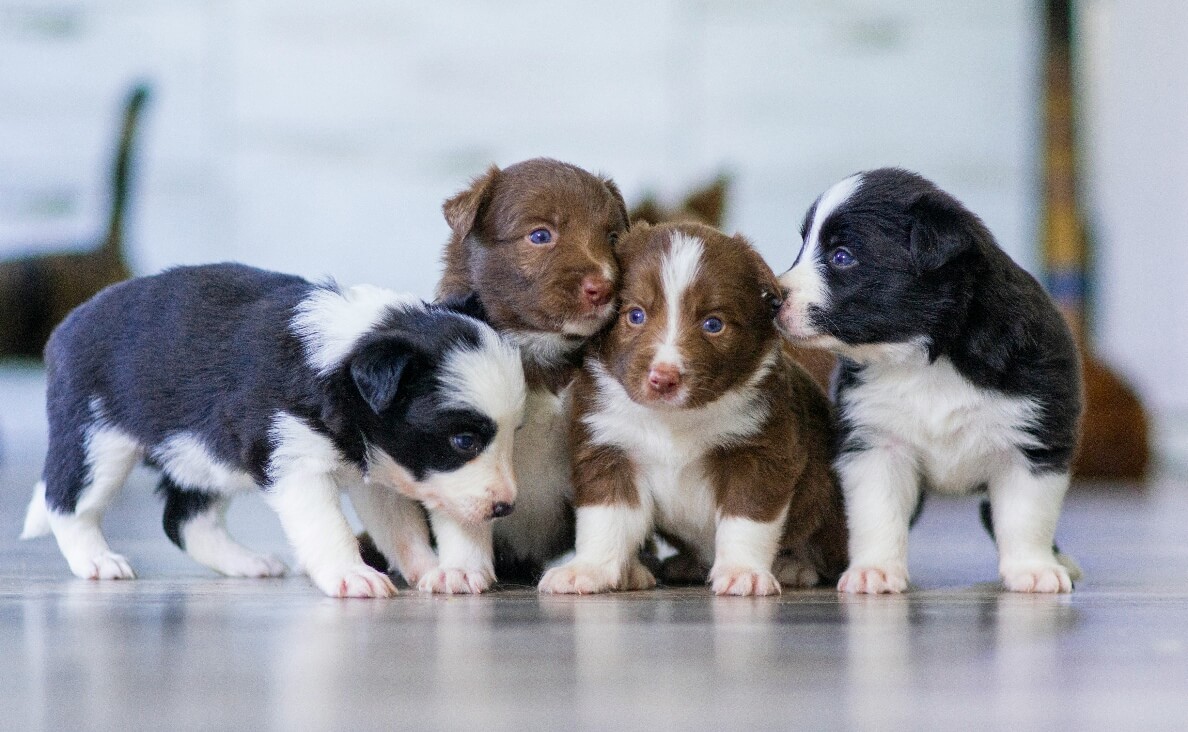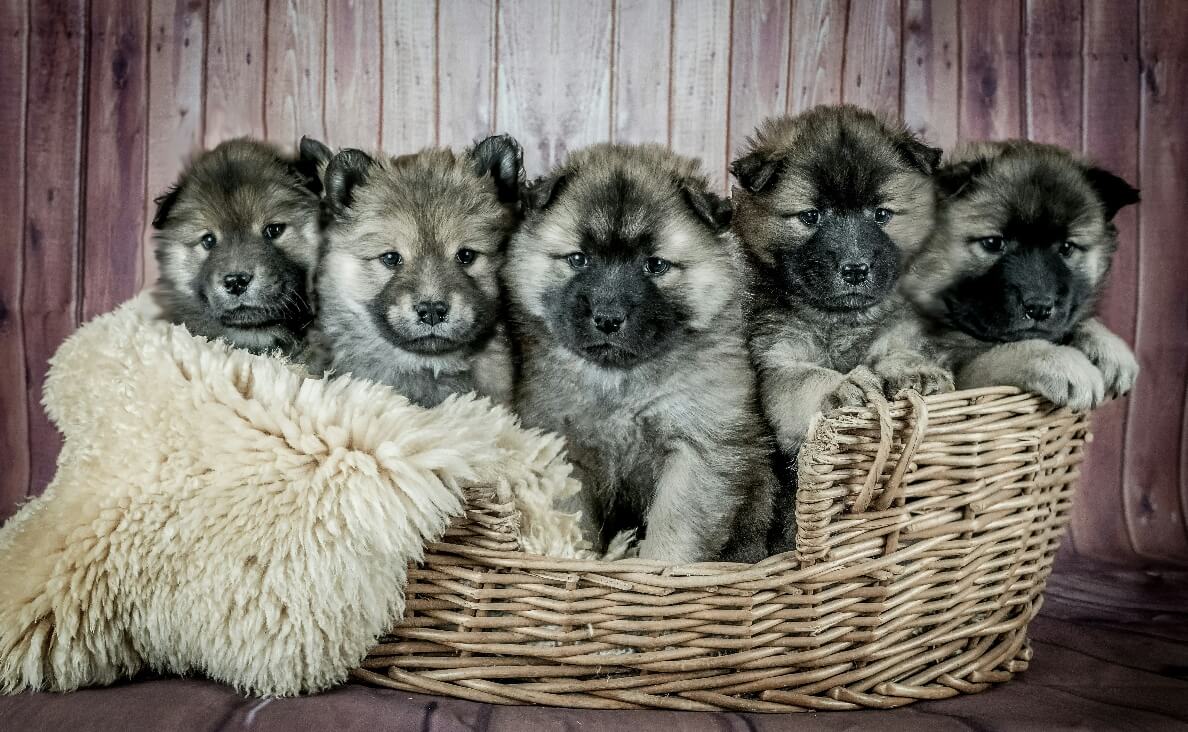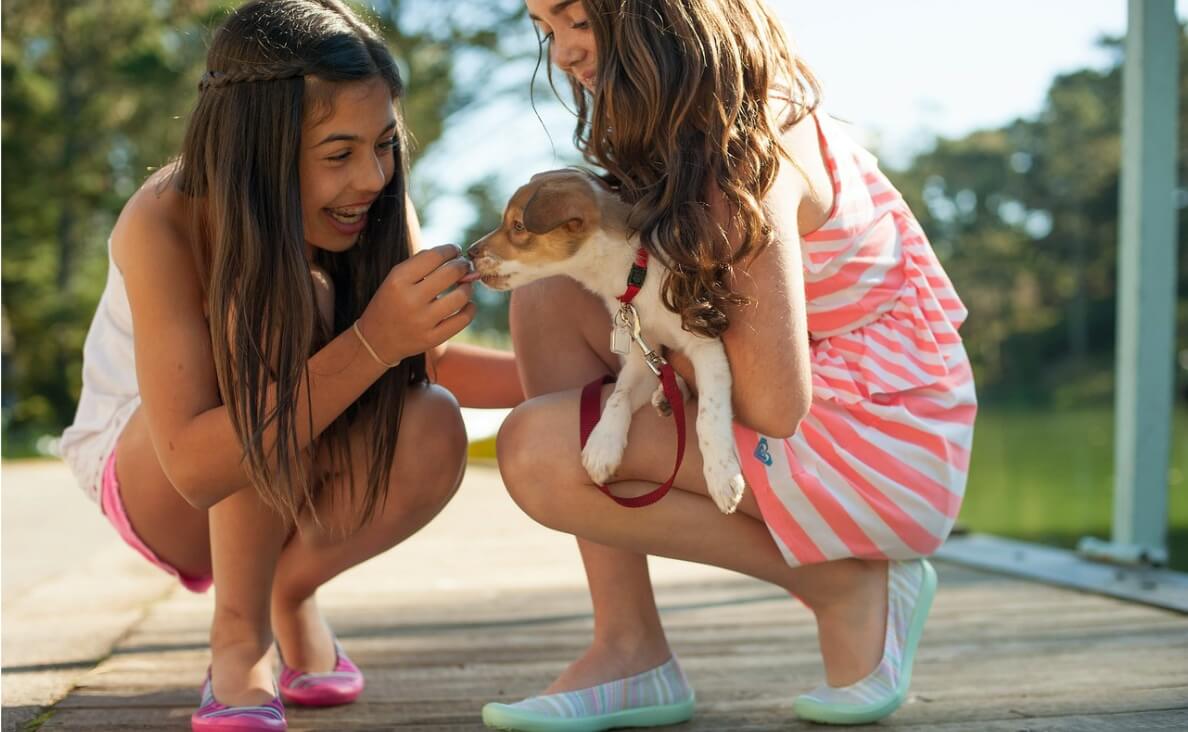
The emotional world of dogs is a territory rich with affection, loyalty, and memory. Among the many curiosities pet owners express, the question of whether puppies remember their siblings holds a special place. It dives into the core of canine familial bonds and explores the depth of their early-life relationships. This post aims to unravel the layers surrounding this topic, guided by scientific insights and observations from canine behaviorists. Let’s embark on a journey to understand the intricate dynamics of puppyhood, focusing on whether puppies remember their siblings.
Do Dogs Miss Their Siblings?
To address the question of whether dogs miss their siblings, it’s crucial to acknowledge the complexity of canine emotions. Dogs are highly social animals, known for their ability to form strong bonds with both humans and other dogs. During their early weeks, puppies develop significant connections with their littermates, experiencing the world together through play, conflict, and companionship. These early experiences are foundational, shaping their social skills and emotional capacities.
Behavioral studies suggest that dogs can exhibit signs of missing their littermates, especially if separated while still very young. This separation can lead to visible distress and anxiety, demonstrating the strength of their initial bonds. However, the adaptability of puppies is also noteworthy. They can form new attachments and thrive in new environments, suggesting a resilience that complements their capacity for affection.

How Long Do Dogs Remember Their Siblings?
The memory of dogs, particularly regarding their siblings, is a subject of fascination and ongoing research. Canine cognitive science indicates that dogs possess a form of associative memory, which allows them to remember individuals, including their siblings, based on specific cues such as scent, sight, and sound. However, the duration of these memories can vary widely among individuals and is influenced by their experiences during the critical early months.
Some experts believe that dogs can retain memories of their siblings for years, especially if their interactions were significant and recurrent in their formative weeks. The reunion of littermates after months or even years apart often displays recognition behaviors, such as tail wagging, playful postures, and vocalizations, hinting at a remembered bond.
Puppy Early Development
The first months of a puppy’s life are a whirlwind of emotional growth and learning. This period is critical for their development, as puppies navigate the complexities of socialization, attachment formation, and the beginnings of independence. They learn vital behaviors and cues from their mother and siblings, including how to communicate, play, and coexist peacefully.
These early experiences are not just about building skills but also about forming emotional attachments that can influence their behavior and relationships later in life. The intensity and quality of these early sibling interactions can lay the groundwork for their ability to remember and possibly miss their littermates in the future.
Related: New Puppy Checklist: Supplies You Need When Bringing a Puppy Home

How Dogs Form Relationships
Understanding how dogs form relationships is key to comprehending the nature of their bonds with their siblings. Dogs are inherently pack animals, driven by instincts that favor group cohesion and social harmony. Their relationships are built on a combination of factors, including familiarity, shared experiences, and emotional connections.
The process begins in puppyhood, where play and mutual care foster a sense of belonging and affection. These relationships evolve as dogs mature, with their capacity for loyalty and attachment becoming more pronounced. This intrinsic social nature underscores the potential for dogs to remember and care for their siblings throughout their lives.
How to Build a Bond with Your New Puppy
Building a bond with your new puppy is an exciting and rewarding endeavor. It requires patience, consistency, and a deep understanding of their needs and emotional cues. Here are some tips to foster a strong connection with your new furry family member:
Spend Quality Time Together: Dedicate time each day to play, train, and relax with your puppy. This undivided attention strengthens your bond and helps your puppy feel secure and loved.
Establish a Routine: Consistency in feeding, walking, and bedtime helps your puppy feel safe and builds trust. A predictable routine reassures them that they are in a stable, caring environment.
Positive Reinforcement: Use treats, praise, and affection to reinforce good behavior. Positive reinforcement not only encourages your puppy to repeat desired behaviors but also deepens your bond through positive associations.
Related: 10 Things You Forgot About Raising a Puppy

Socialization: Expose your puppy to various environments, people, and other animals in a safe and controlled manner. Socialization is crucial for their emotional development and helps them become well-adjusted adults. Once your puppy has successfully met the vaccination and admissions test requirements, we highly recommend considering daycare as an exceptional opportunity for your dog to enjoy the company of other canines and learn valuable socialization skills with a variety of dog breeds and personalities.
Communication: Learn to understand your puppy’s body language and vocalizations. Responding to their needs and emotions can significantly enhance your bond.
Related: Understanding Your Dog’s Love Language: Heartwarming Ways to Strengthen Your Bond
In conclusion, the question of whether puppies remember their siblings opens a window into the complex emotional lives of dogs. While individual experiences may vary, it’s clear that early sibling relationships play a significant role in a puppy’s emotional development. These formative bonds, marked by play, learning, and mutual care, lay the foundation for their future social interactions and emotional resilience.

As puppies grow and navigate the world beyond their original family unit, the memories of their early companionship may serve as a blueprint for forming new relationships. Whether through a lingering scent, a familiar play posture, or an innate sense of kinship, the echoes of their early bonds may influence their behavior and preferences throughout their lives. Thus, while the depth and permanence of these memories might differ among individual dogs, the impact of their initial familial connections is undeniably profound, shaping their journey from playful puppies to empathetic adult dogs.
What are your thoughts on whether dogs remember their littermates into adulthood? Have you observed any interactions when your dog reunited with a littermate? Please comment below…

 Understanding the Meaning Behind Different Sounds Your Dog Makes
Understanding the Meaning Behind Different Sounds Your Dog Makes 9 Dog Sleeping Positions and What They Mean
9 Dog Sleeping Positions and What They Mean How to Introduce Dogs to Each Other
How to Introduce Dogs to Each Other Why Dogs Turn on Their Owners: Understanding the Causes and Prevention
Why Dogs Turn on Their Owners: Understanding the Causes and Prevention 10 Tips to Stop Dog Aggression Towards Cats
10 Tips to Stop Dog Aggression Towards Cats






It breaks my heart that my dog seems to have had no socialization at all.
He has a spine deformity that more than likely made him useless for money making. He was probably removed from his litter and abandoned. He was approximately 2 years old when he came to me, but unable to trust, people or other dogs. After careful introductions with the people and/or their dogs here in the complex, he’s now more comfortable and wants to go to them rather than away.
the apartment is fenced with 240 units for 55+ and most all the people are OK with dogs so it’s a safe environment for him to grow in, He’s never out side without a leash and I have gentle control at all times.
He feels safer now
It takes a lot to work with a dog who has been abandoned and traumatized. I’m glad he’s doing so well with your love and care. Thanks for stopping by the blog!